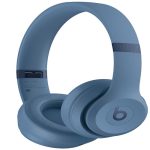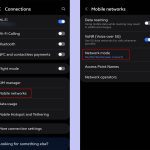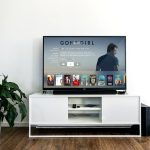USB fans are small, portable cooling devices powered via USB ports, commonly used for personal cooling near computers or other electronic devices.
Pros of USB Fans
- Portability: Lightweight and compact, they are easy to carry for travel or desk use.
- Energy Efficiency: Low power consumption makes them eco-friendly and cost-effective to operate.
- Convenience: Plug-and-play setup requires no installation; compatible with USB-enabled devices like laptops or power banks.
- Targeted Cooling: Effectively cools small personal spaces without wasting energy on large areas.
Cons of USB Fans
- Limited Airflow: They produce only mild to moderate breeze, insufficient for cooling large rooms or on extremely hot days.
- Dependency on Power Source: Must stay connected to a USB port, limiting mobility if no power is available.
- Durability Issues: Smaller motors and plastic builds may wear out faster than larger fans.
- Noise Levels: Some models generate noticeable humming or buzzing sounds during operation.
Conclusion
USB fans work well for personal, low-intensity cooling in controlled environments, but their effectiveness diminishes for high-demand scenarios. Ideal for short-term, portable use while considering limitations.












